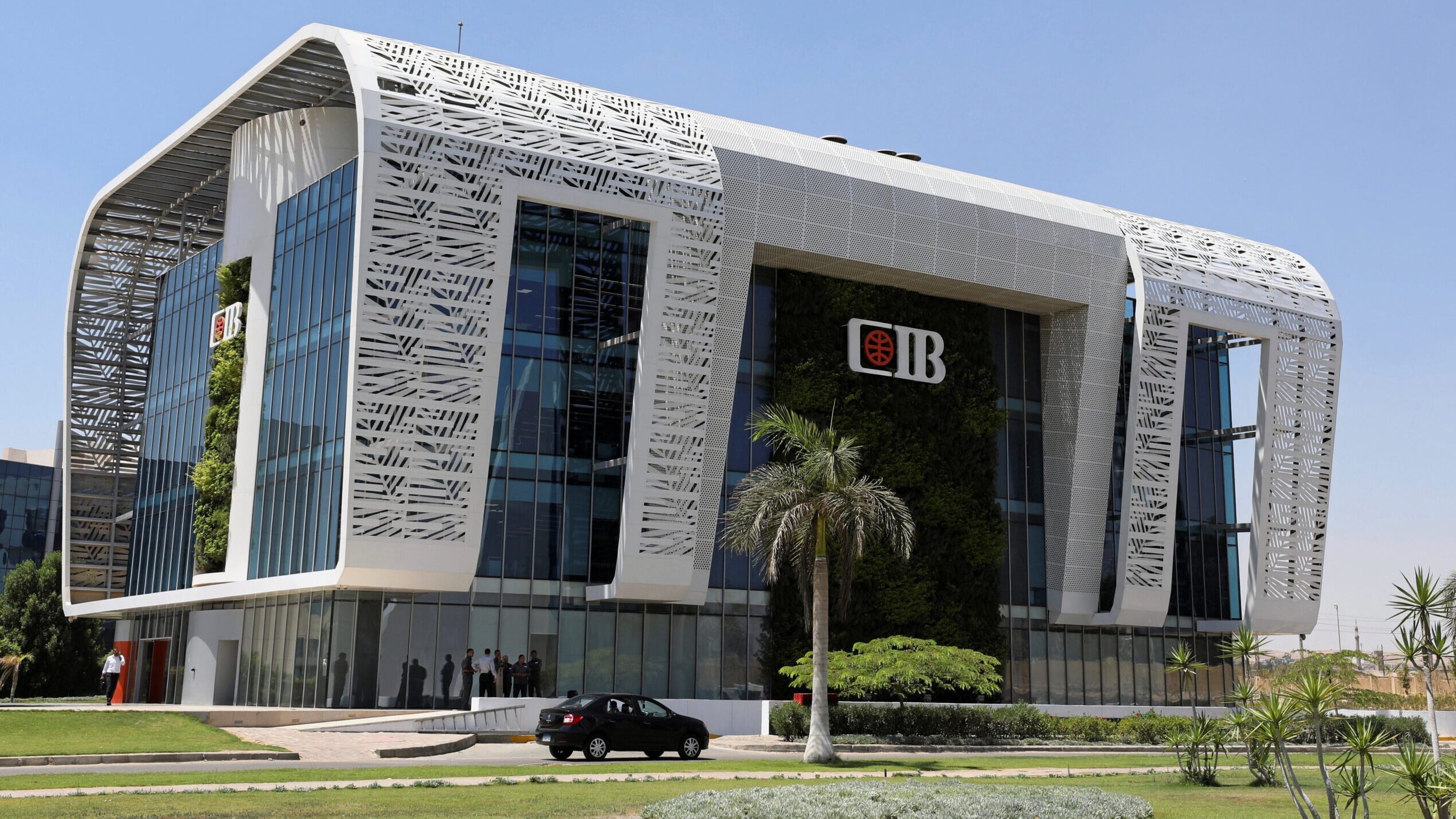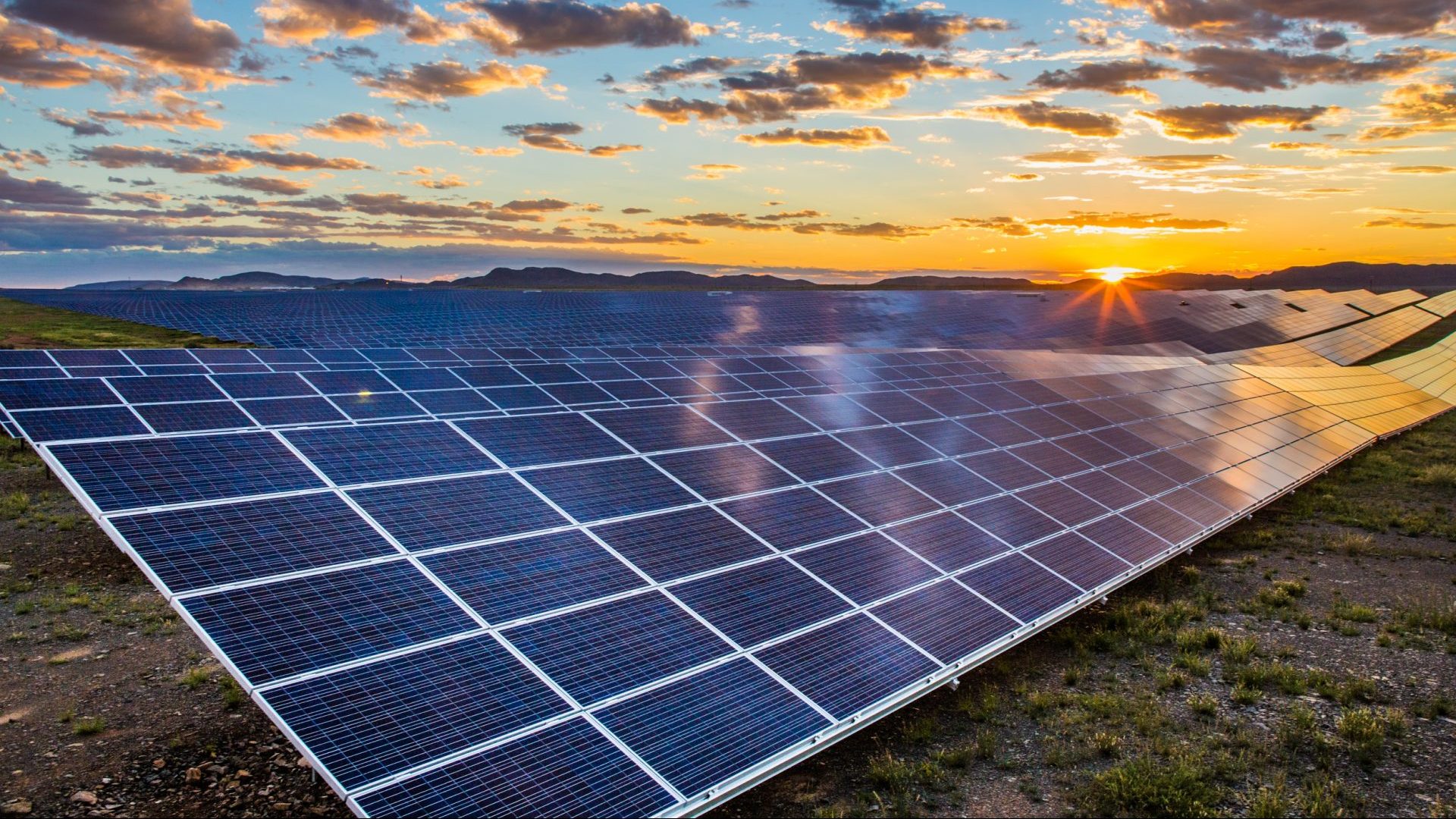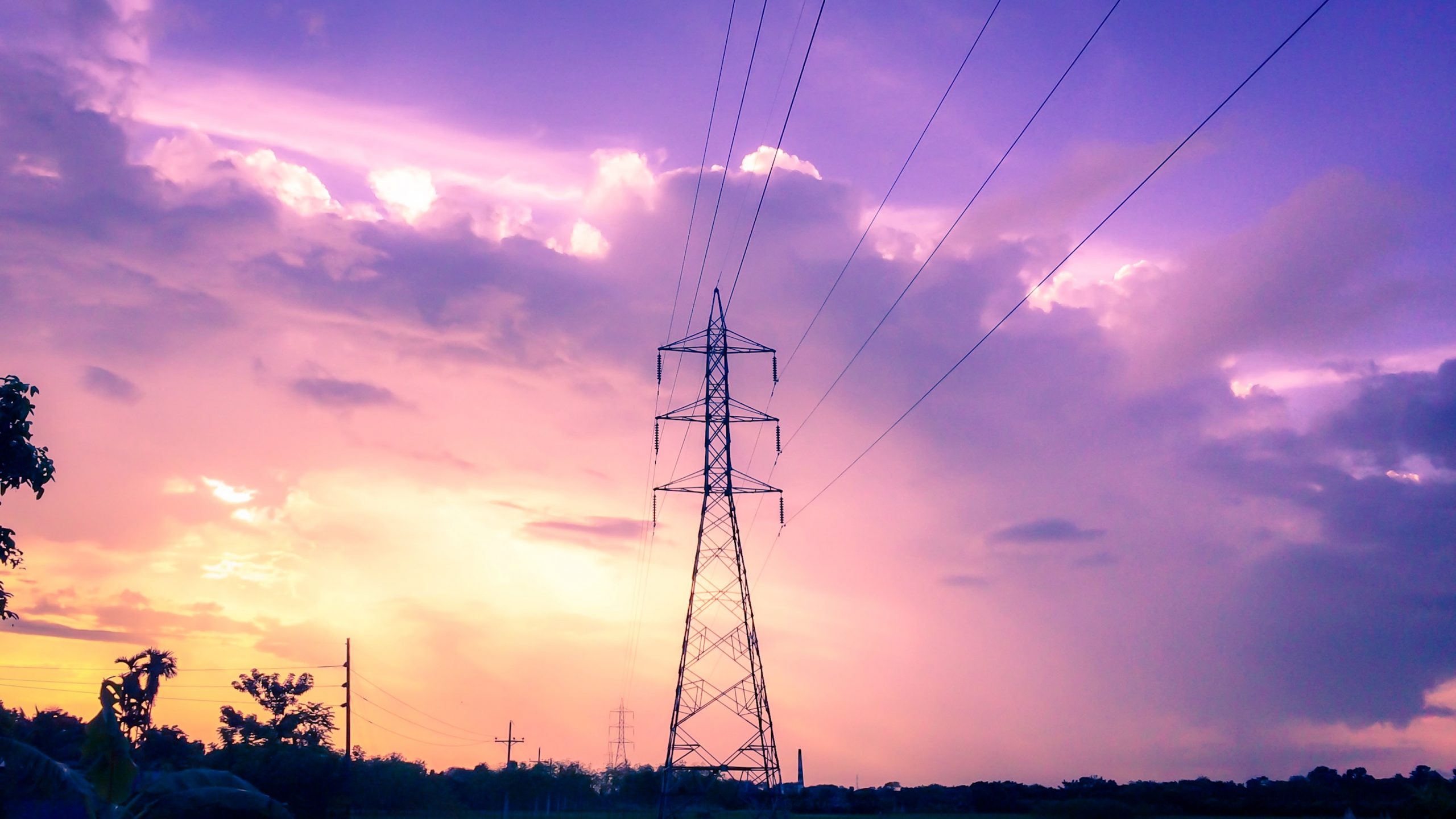Nigeria plans to spend USD 20bn on infrastructure over the next 10 years and will introduce an infrastructure bond in 2019 as Africa’s biggest oil producer seeks to address challenges in revenue generation. “Our target is that we’d like to see infrastructure spending increase to the USD 10bn-to USD 20bn range over the next 5 to 10 years because we think that’s the level of our need,” Okechukwu Enelamah, the minister for trade and investment, told reporters on Wednesday in the capital, Abuja. The government will partner with other stakeholders to raise funding.
A committee comprising the ministers of finance, budget, trade and investment and works, housing and power, and other government agencies was immediately set up to work out modalities. They “will work together to get their recommendations to the cabinet on how to increase our infrastructure spending significantly,” Enelamah said.
President Muhammadu Buhari, who was just re-elected, is seeking lawmakers’ approval to spend 8.8tn-naira ($24.4bn) in the 2019 budget. Upgrading inadequate infrastructure in Africa’s most-populous nation is among his priorities for this second four-year term, along with improving security and strengthening an economy, which contracted in 2016.
The government will introduce an infrastructure bond this year, Minister of Finance Zainab Ahmed told a senate hearing on the 2019 budget. “There are challenges in revenue generation,” Ahmed said on Wednesday. “We intend to borrow both locally and internationally, improve on our local borrowing, introduce an infrastructure bond and to identify new and enhance an existing revenue stream,” she said, according to an account of the hearing posted by the Senate on its official Twitter handle.
Nigeria’s 2019 budget, presented by Buhari in December, envisaged the government issuing about 1.65tn naira ($4.6bn) of new debt, half of which would be in foreign currency. While the West African nation has mostly used the Eurobond market for its external funding in recent years, it will prioritise borrowing from concessional lenders such as the World Bank and African Development Bank as it looks to rein in rising interest payments, Patience Oniha, the head of the Debt Management Office, said in an interview on March 19.
SOURCE: Gulf Times

Ethiopia has cleared the way for Safaricom to introduce M-Pesa in the market of 110 million people after deciding to include the ...

Egyptian largest private sector bank by assets Commercial International Bank (CIB) is seeking to acquire more banks to strengthen ...

The European Investment Bank and International Solar Alliance have published a study outlining access solutions to overcome key ...

Kenya has been ranked the top country in the world in reducing population with no access to electricity, pointing to the impact ...